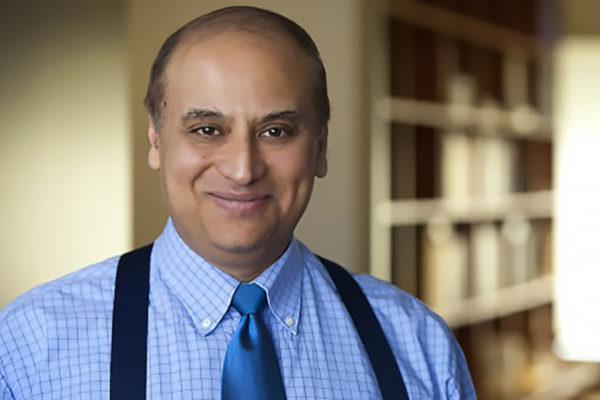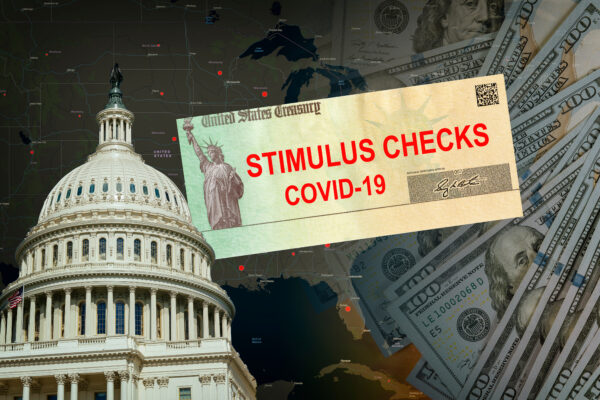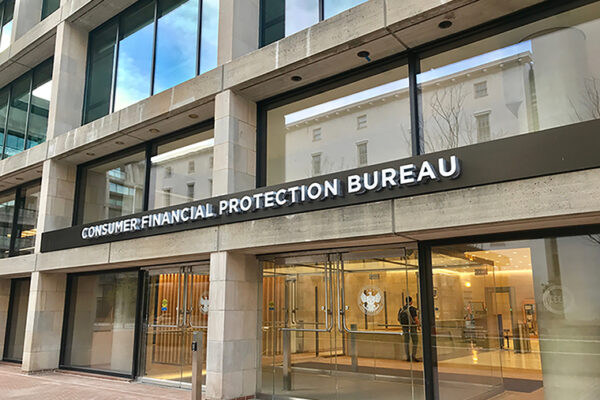Thakor receives lifetime achievement award
The Financial Intermediation Research Society has awarded a Lifetime Achievement Award to Anjan Thakor, the John E. Simon Professor of Finance at Olin Business School.
What GameStop can teach us about lottery-like short squeezes
Although brick-and-mortar companies like GameStop and AMC Theaters have given investors reason to count them out of stock market success, a huge surge via a “short squeeze” was both predicted and expected in recent research by an expert at Washington University in St. Louis.
Who you know matters, even when applying for PPP loans
New research is exposing how lenders prioritized Paycheck Protection Program loan applications from businesses with prior lending relationships or personal connections to bank executives.
We need economic rescue, and we need it now
After months of failed negotiations that have left many Americans, businesses and the economy in the lurch, lawmakers are scrambling to reach a deal on an economic stimulus plan that could top $900 billion. If Congress passes the deal, will it do enough to help struggling Americans and businesses stay afloat? To answer that question, three business and economics experts at Washington University in St. Louis shared their thoughts on the proposed plan, what lawmakers got right, what is missing and what ticking time bombs remain.
Shareholder influence more effective than mandates in diversifying boards
Olin Business School’s Todd Gormley discusses his research on efforts to increase gender diversity on governance boards through shareholder pressure, and the potential impact of a new policy proposed by Nasdaq.
Wanted: Board of directors’ member with bankruptcy experience
Olin Business School researchers were part of a team that learned firms take more risks after a member of their board of directors undergoes a bankruptcy at another firm where they serve as a director. The co-authors discovered such risk-taking usually occurs when this particular director both experienced a quick, less-costly bankruptcy elsewhere and serves in a position of greater influence.
How regulations meant to increase poor, minority lending ultimately backfire
New Olin Business School research has exposed a significant increase in poor customer service, fraud and mis-selling by retail banks in low-to-moderate income areas targeted by the Community Reinvestment Act, especially those with a high minority population.
Home inequity: Study finds income, job rut for millions in U.S.
At a time when evictions and mortgage defaults have been likened to an oncoming tsunami across America, a big-data study of loan-to-value ratios in the wake of the 2007-08 recession carries a cautionary forecast for vexing economic weather ahead: The higher a worker’s outstanding mortgage relative to their home value, the worse their future income growth and job mobility.
Having a higher purpose promotes happiness, lowers stress, survey finds
Having a personal higher purpose promotes well-being, more happiness and even lower stress from the COVID-19 pandemic, according to findings from a new survey by two Washington University in St. Louis researchers from Olin Business School. Also, employees of organizations with higher-purpose statements are happier and prouder of their organizations than are employees at workplaces without a statement, the results show.
CFPB, despite ruling, will blow with presidential wind
A U.S. Supreme Court ruling June 29 won’t alter the fledgling Consumer Financial Protection Bureau because it already morphed during the first decade of its existence to where it falls under the philosophical whim of each presidential administration, says an Olin Business School scientist at Washington University in St. Louis.
Older Stories









